BOOK
A Clinician’s Guide to
Cannabinoid Science
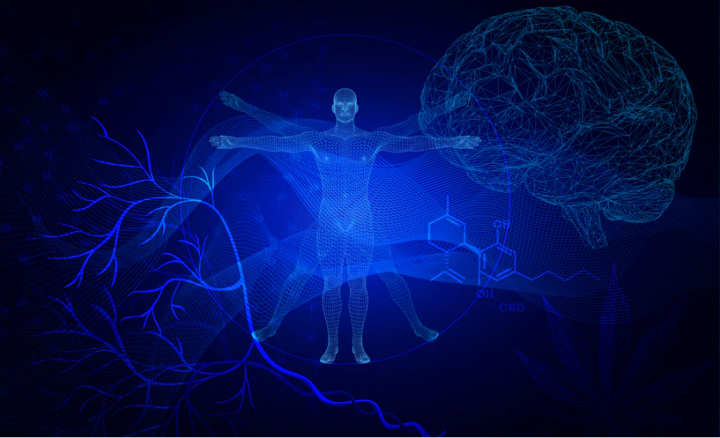
1. Introduction to
"A CLINICIAN'S GUIDE TO CANNABINOID SCIENCE"
“A Clinician’s Guide to Cannabinoid Science” is an all-encompassing book designed to address the crucial need for validated scientific information regarding the effects of cannabinoids on human health. In a world rife with exaggeration and misinformation surrounding cannabinoids, this book aims to provide clinicians with a reliable resource based on peer-reviewed research.
Covering a broad spectrum of topics including the central nervous system (CNS), circadian rhythms, skin, immunology, and the eye, the book offers a succinct exploration of the scientific evidence available. Given the widespread interest in cannabinoids and their potential therapeutic benefits, it is essential for clinicians to have access to accurate and validated scientific information. This book serves as a vital tool in meeting that need. By countering the prevalent exaggerations and misinformation surrounding cannabinoids, it empowers clinicians to navigate this complex field with confidence.
The strong emphasis on peer-reviewed scientific literature ensures that clinicians can rely on the information the book provides. By utilizing this credible knowledge, clinicians can enhance their understanding of cannabinoids, discern their potential applications, and make informed decisions in their clinical practice.
In a world where misinformation abounds, “A Clinician’s Guide to Cannabinoid Science” emerges as a trustworthy resource that equips clinicians with the validated scientific information they require to navigate the world of cannabinoids with accuracy and clarity.
2. The History and Botany of Cannabis
- The Current State of Evidence and Recommendations for Research.
- Over 28 states and the District of Columbia (DC) had legalized
- Nabilone, a synthetic analog to THC, was approved for the treatment of chemotherapy
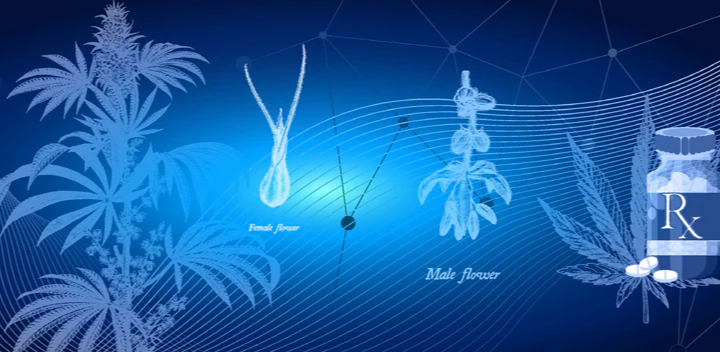
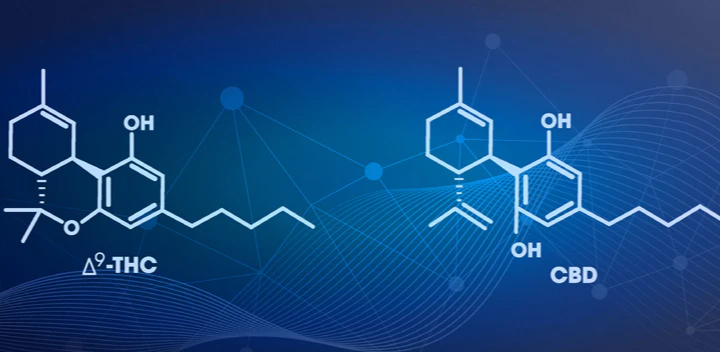
3. Tetrahydrocannabinol (THC) + Cannabidiol (CBD)
- The Current State of Evidence and Recommendations for Research.
- Over 28 states and the District of Columbia (DC) had legalized
- Nabilone, a synthetic analog to THC, was approved for the treatment of chemotherapy
4. The Endocannabinoids
- The Current State of Evidence and Recommendations for Research.
- Over 28 states and the District of Columbia (DC) had legalized
- Nabilone, a synthetic analog to THC, was approved for the treatment of chemotherapy
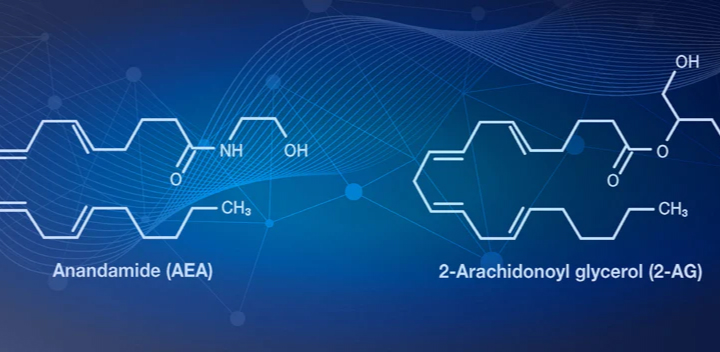
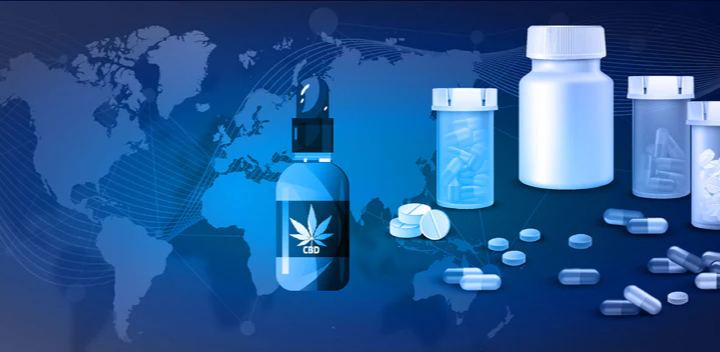
5. Approved Prescription Cannabinoids
- The Current State of Evidence and Recommendations for Research.
- Over 28 states and the District of Columbia (DC) had legalized
- Nabilone, a synthetic analog to THC, was approved for the treatment of chemotherapy
6. The Safety of Cannabinoids and Cannabis
- The Current State of Evidence and Recommendations for Research.
- Over 28 states and the District of Columbia (DC) had legalized
- Nabilone, a synthetic analog to THC, was approved for the treatment of chemotherapy
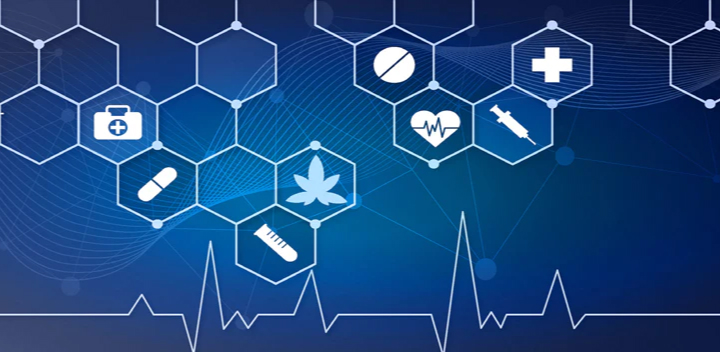
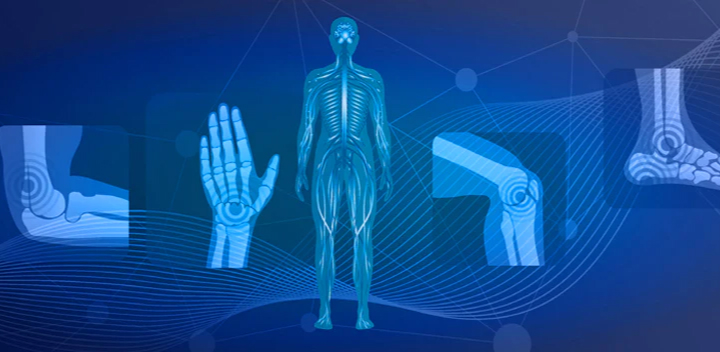
7. Pain and Cannabinoids
- The Current State of Evidence and Recommendations for Research.
- Over 28 states and the District of Columbia (DC) had legalized
- Nabilone, a synthetic analog to THC, was approved for the treatment of chemotherapy
8. Neuroscience
- The Current State of Evidence and Recommendations for Research.
- Over 28 states and the District of Columbia (DC) had legalized
- Nabilone, a synthetic analog to THC, was approved for the treatment of chemotherapy
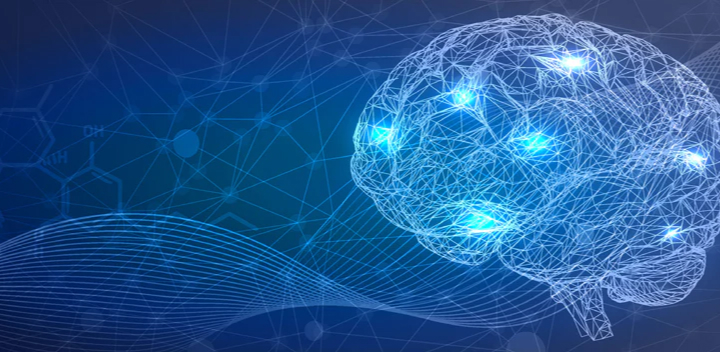

9. Sleep and Circadian Rhythms
- The Current State of Evidence and Recommendations for Research.
- Over 28 states and the District of Columbia (DC) had legalized
- Nabilone, a synthetic analog to THC, was approved for the treatment of chemotherapy
10. Cannabinoids and the Eye
- The Current State of Evidence and Recommendations for Research.
- Over 28 states and the District of Columbia (DC) had legalized
- Nabilone, a synthetic analog to THC, was approved for the treatment of chemotherapy
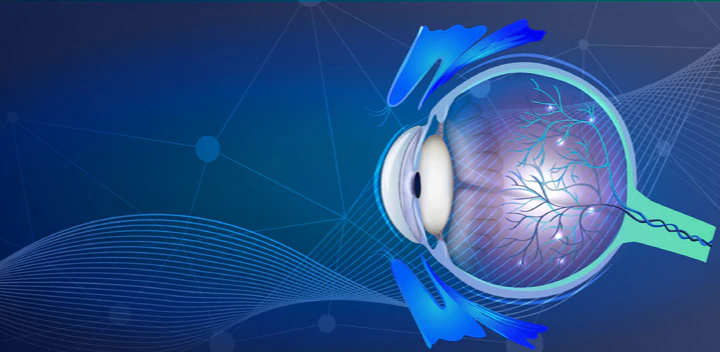
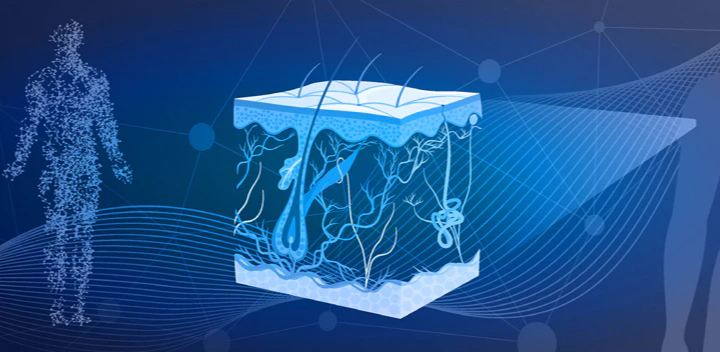
11. Cannabinoids and the Skin
- The Current State of Evidence and Recommendations for Research.
- Over 28 states and the District of Columbia (DC) had legalized
- Nabilone, a synthetic analog to THC, was approved for the treatment of chemotherapy
